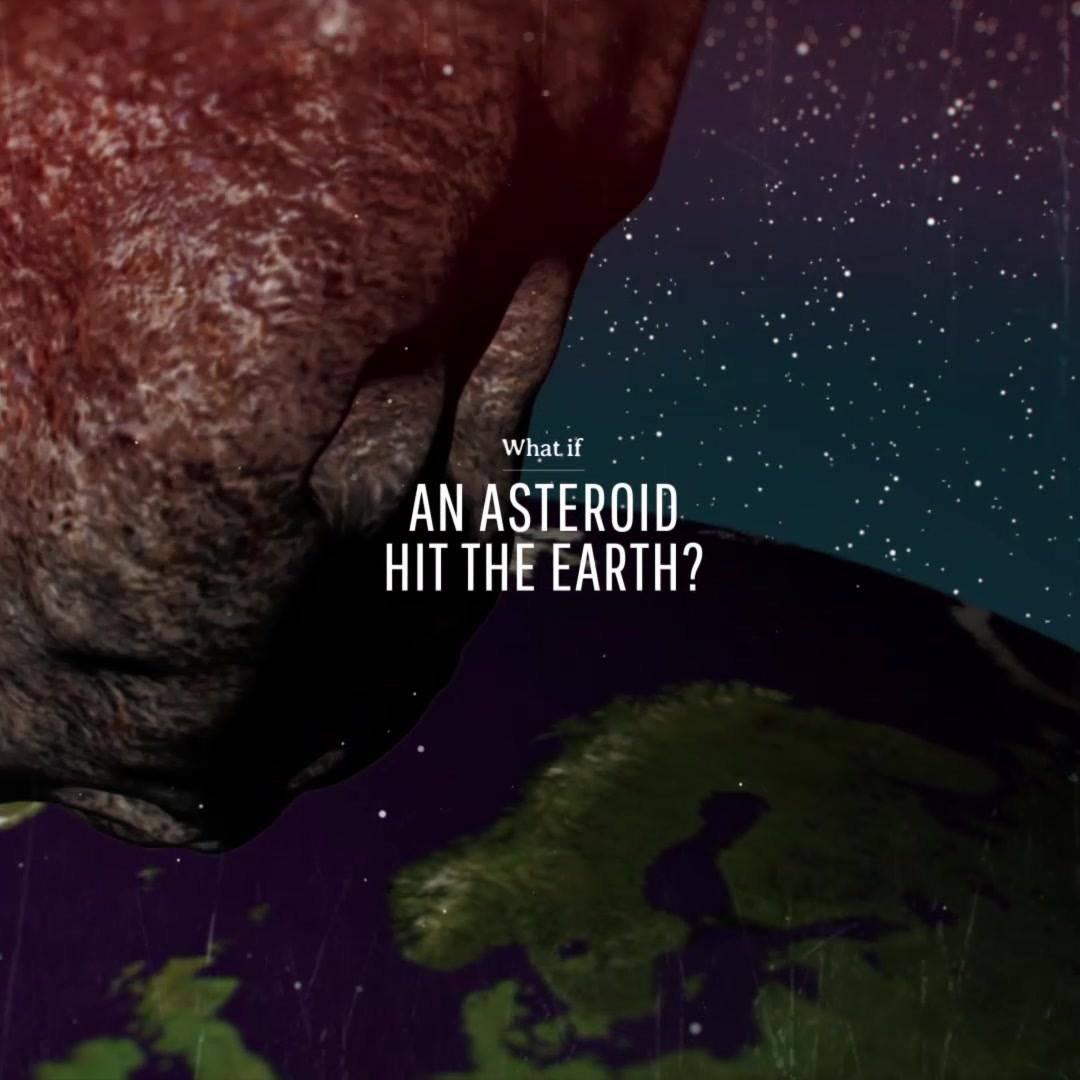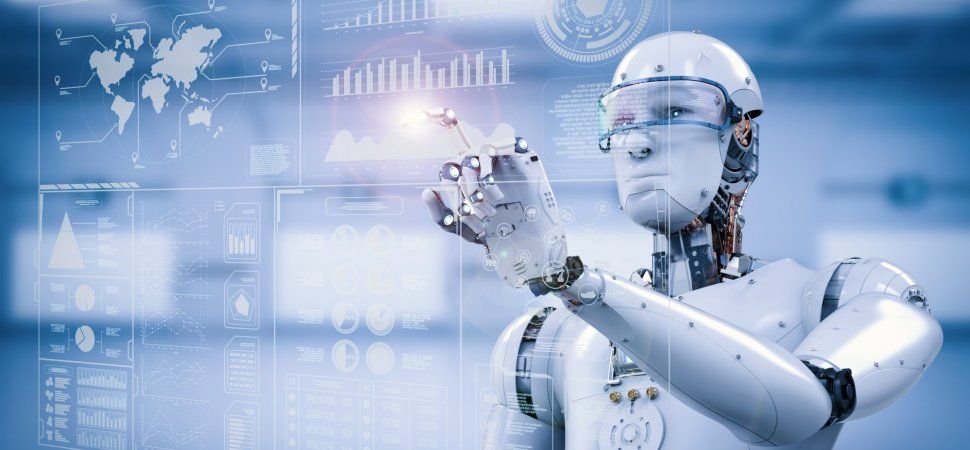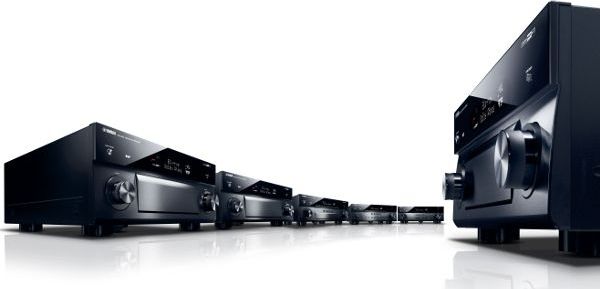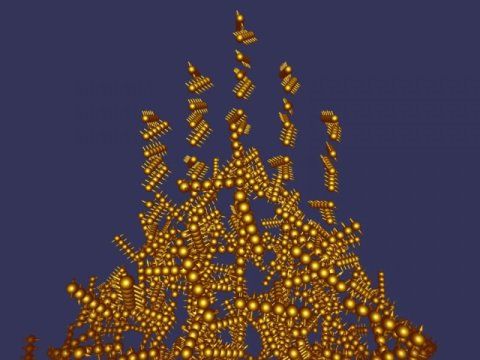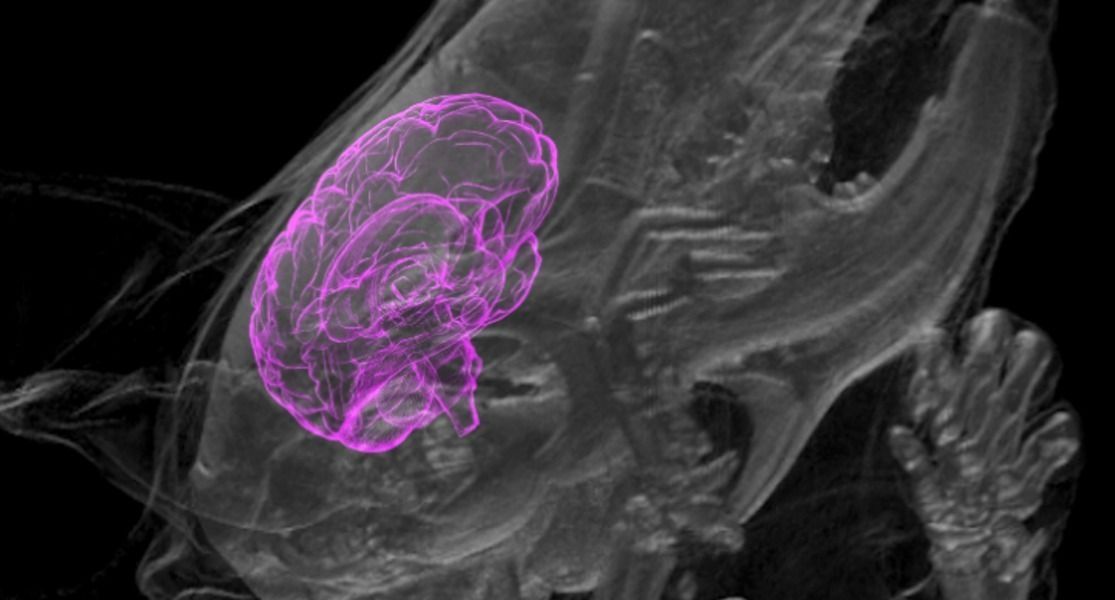Page 9479
May 14, 2018
You Can Now Major in Artificial Intelligence
Posted by Genevieve Klien in category: robotics/AI
At least two U.S. universities will offer computer-science degrees focusing on A.I. beginning in the fall of 2018.
 By Gael Cooper Inc.com contributor.
By Gael Cooper Inc.com contributor.
May 14, 2018
Artificial Intelligence Chipmakers Battle To Power Cloud Data Centers
Posted by Genevieve Klien in category: robotics/AI
Cloud computing firms are driving significant investment in artificial intelligence and major chipmakers are competing to provide the infrastructure for AI services. Graphics-chip maker Nvidia has been an early winner in the field, but don’t count out other chipmakers, a Wall Street research firm said Monday.
May 14, 2018
The Man Behind Siri Shares His View of the Future of AI
Posted by Genevieve Klien in categories: robotics/AI, space
Babak Hodjat, inventor of the technology that powers Apple’s virtual assistant, speaks to the uncertainties and opportunities in this innovative space.
May 14, 2018
Iridium to complete next-generation satellite deployment
Posted by Genevieve Klien in category: satellites
WASHINGTON — Iridium expects to have its next-generation satellite constellation deployed and in service by this fall as it looks to win approvals for new maritime and aviation applications.
In a conference call with reporters May 14, Iridium Chief Executive Matt Desch said the remaining three launches of Iridium Next satellites should be completed by the third quarter of this year, with the satellites in the final positions shortly thereafter.
“All of the satellites are going to be in place within probably about 30 days of our final launch,” he said. The Iridium operations team has become more efficient in maneuvering new satellites into their planned orbital slots and putting them into service. “It will be very shortly after our final launch that we will have 100 percent Iridium Next satellites.”
Continue reading “Iridium to complete next-generation satellite deployment” »
May 14, 2018
Yamaha Launches AI-Infused RX-A 80 Receiver Series
Posted by Genevieve Klien in categories: entertainment, robotics/AI
Yamaha today announced the ninth generation of its enthusiast-focused Aventage Series of AV receivers.
Ranging in price from $600 to $2,200, the new RX-A 80 Series comprises six models slated for roll-out between May and July, three of which employ artificial intelligence to achieve a “clearer, more engaging listening experience.”
Yamaha says its new Surround: AI technology analyzes audio characteristics such as dialogue, sound effects, and channel balance in real-time, compares the data to a reference database of movie scenes, and makes adjustments to enhance the sound field. Potential enhancements include making dialogue more intelligible in scenes with a lot of background noise. The feature is offered on the three top models, all due out in July: the 7.2-channel RX-A1080 ($1,300), 9.2-channel RX-A2080 ($1,700), and 9.2-channel RX-A3080 ($2,200).
Continue reading “Yamaha Launches AI-Infused RX-A 80 Receiver Series” »
May 14, 2018
Experimental Vaccine Will be Used against Ebola Outbreak in the DRC
Posted by Genevieve Klien in category: biotech/medical
The inoculation, called V920, was developed by Merck.
- By Helen Branswell, STAT on May 14, 2018
May 14, 2018
Deeper understanding of quantum chaos may be the key to quantum computers
Posted by Genevieve Klien in categories: computing, particle physics, quantum physics
New research gives insight into a recent experiment that was able to manipulate an unprecedented number of atoms through a quantum simulator. This new theory could provide another step on the path to creating the elusive quantum computers.
May 14, 2018
Human Mini-Brains Growing Inside Rat Bodies Are Starting to Integrate
Posted by Paul Gonçalves in categories: biotech/medical, ethics, neuroscience
Stem cell technology has advanced so much that scientists can grow miniature versions of human brains — called organoids, or mini-brains if you want to be cute about it — in the lab, but medical ethicists are concerned about recent developments in this field involving the growth of these tiny brains in other animals. Those concerns are bound to become more serious after the annual meeting of the Society for Neuroscience starting November 11 in Washington, D.C., where two teams of scientists plan to present previously unpublished research on the unexpected interaction between human mini-brains and their rat and mouse hosts.
In the new papers, according to STAT, scientists will report that the organoids survived for extended periods of time — two months in one case — and even connected to lab animals’ circulatory and nervous systems, transferring blood and nerve signals between the host animal and the implanted human cells. This is an unprecedented advancement for mini-brain research.
“We are entering totally new ground here,” Christof Koch, president of the Allen Institute for Brain Science in Seattle, told STAT. “The science is advancing so rapidly, the ethics can’t keep up.”
Continue reading “Human Mini-Brains Growing Inside Rat Bodies Are Starting to Integrate” »
May 14, 2018
This ‘singing’ space cloud is where stars and planets are born
Posted by Genevieve Klien in categories: materials, space
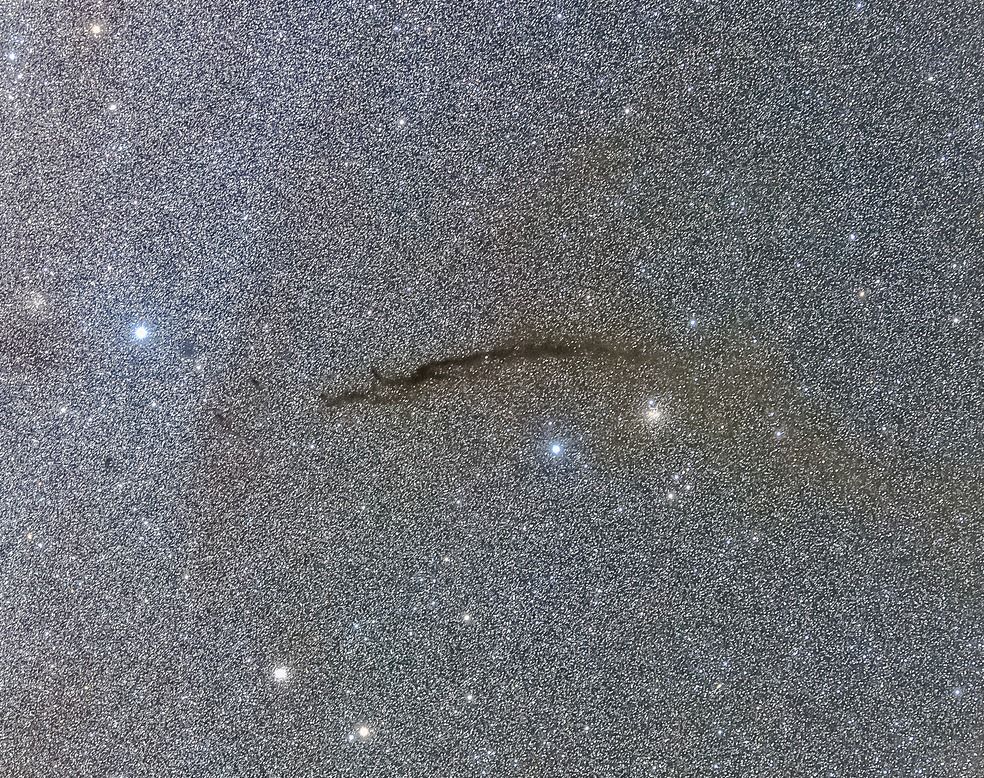
Long before our Sun formed it was nothing more than a bunch of material floating listlessly in a large cloud of gas, dust, and debris. These space clouds, called nebulas, are where stars and planets are born, eventually coalescing into larger bodies which become slaves to gravity and form systems such as the one we currently reside in. But what factors affect star and planet formation, and what ultimately determines the type of stars that form? Using observations of one very special nebula, scientists now think have begun to understand.
One of the biggest hurdles in studying these molecular space clouds is that telescopes can only produce a 2D picture of them, making it impossible to model the interior structure and movements of the dust and gasses. Researchers focused on the cloud known as Musca, which lies hundreds of light years away from Earth, but is still close enough to study. The scientists discovered that this particular cloud is “singing.”
Continue reading “This ‘singing’ space cloud is where stars and planets are born” »
